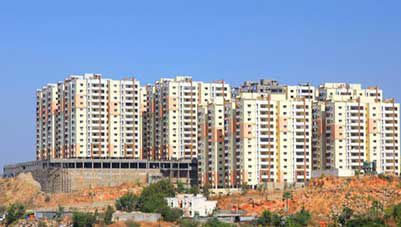In India, the Economically Weaker Section (EWS) is a special category introduced to uplift financially disadvantaged individuals within the general population. With provisions like a 10% reservation in government jobs and educational institutions, the EWS classification aims to bridge economic disparities and provide equal opportunities. This article explores the meaning, eligibility criteria, benefits, and application process for an EWS certificate, while also highlighting financial tools like the Bajaj Finserv Home Loan that can empower EWS applicants in achieving their goals.
Why EWS certification matters
Economic inequality remains a significant barrier to education, employment, and financial stability for many individuals in India. To address this, the government introduced the EWS category, ensuring that economically disadvantaged individuals in the general category receive a fair chance to access resources and opportunities.
EWS certification is crucial for availing benefits like reserved seats in educational institutions, age relaxations in government exams, and priority in recruitment processes. Additionally, it can serve as a stepping stone toward financial independence. For instance, aspiring homeowners from the EWS category can leverage financial tools like the Bajaj Finserv Home Loan, which offers flexible repayment options, competitive interest rates, and minimal documentation to make property ownership more accessible.
















